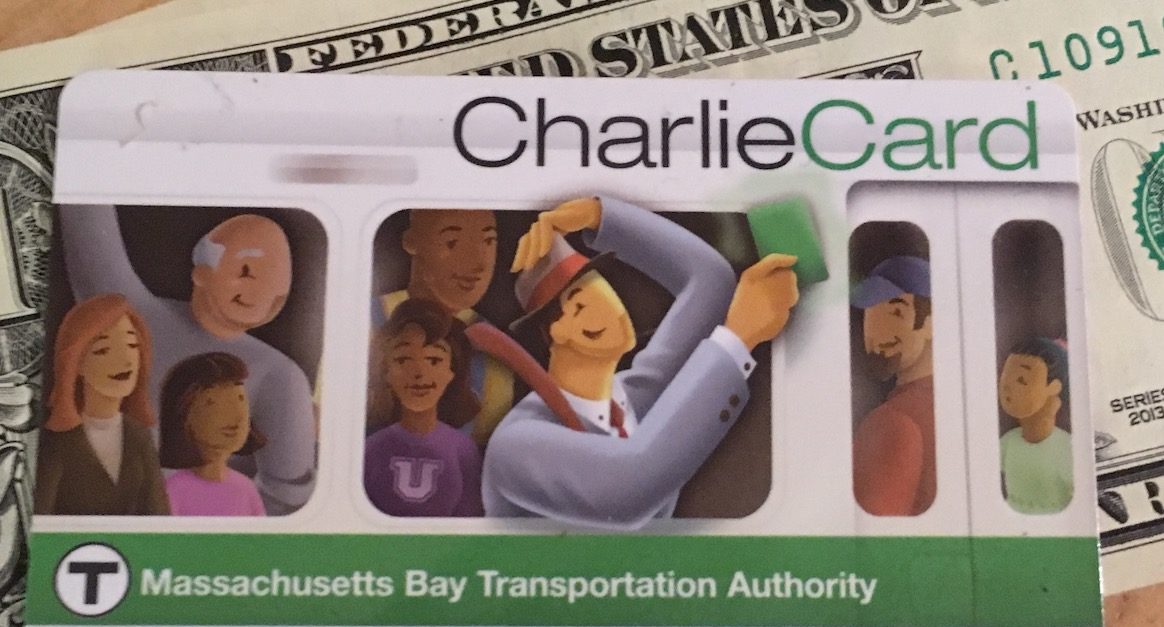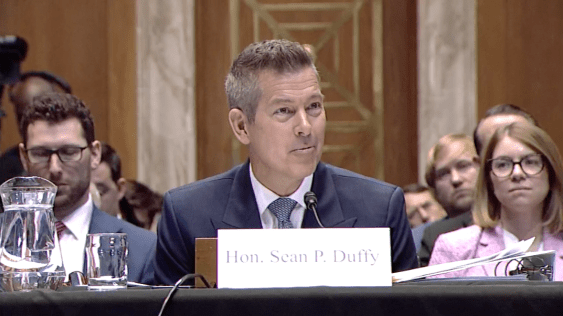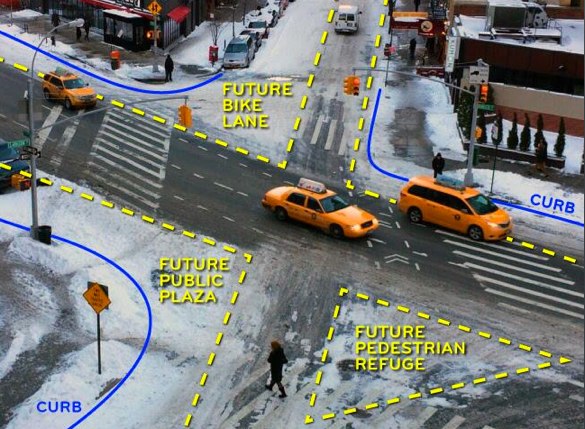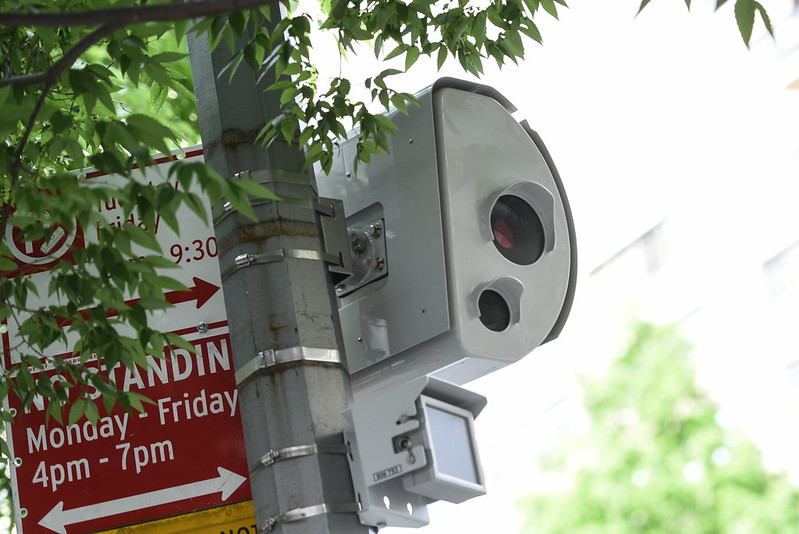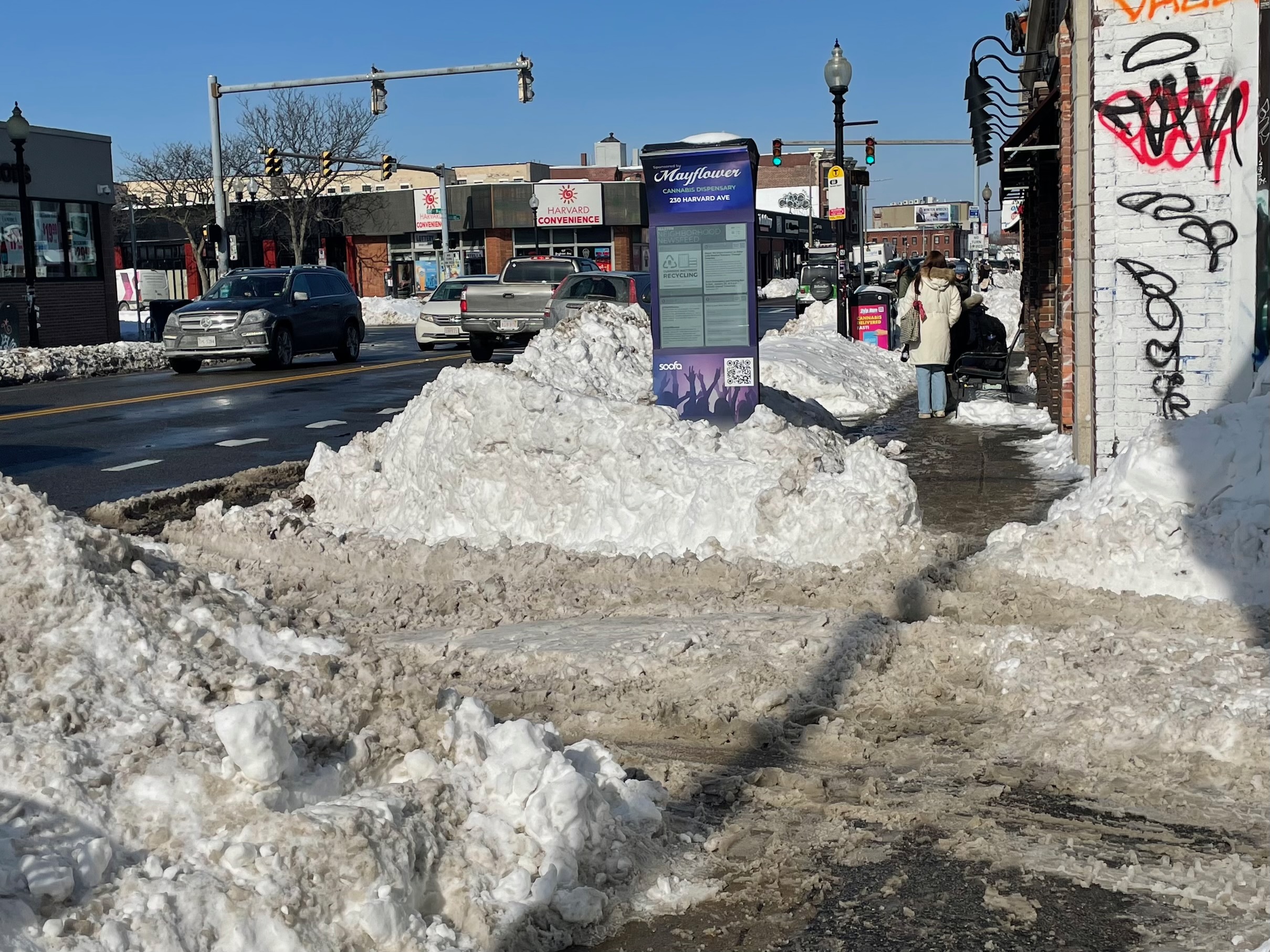Massachusetts Congresswoman Ayanna Pressley and Senator Ed Markey today announced a new bill – the "Freedom to Move Act" – that would provide grant funding to help states and local transit agencies eliminate fares.
The proposed legislation would authorize $5 billion a year to fund "Freedom to Move Grants" – a new competitive grant program that would compensate agencies for the value of lost fare revenues and finance service upgrades like improved bus stops, redesigned routes, and transit-priority infrastructure.
“The Freedom to Move Act invests heavily in our public transit systems so that states and localities can offer safe, high-quality, and fare-free rides, and would ensure that everyone in community—including our essential workers who depend heavily on public transportation—can access jobs, food and essential services like education and health care,” wrote Congresswoman Pressley in a press announcement for the new bill.
Research of the MBTA's fare systems suggests that higher transit fares suppress mobility options for low-income households. But finding alternative funding to replace lost fare revenue has been, to date, one of the biggest challenges for advocates who'd like to see agencies reduce fares or eliminate them altogether.
At the MBTA, for instance, fares were budgeted to contribute about $694 million this year – roughly one third of the agency's $2 billion annual operating budget.
Eliminating fares may be more achievable at smaller transit agencies where fares make up a much smaller piece of the budget.
In Worcester, for instance, the WRTA collects about $3 million a year in fares – about 14 percent of the agency’s operating costs – but the costs of maintaining fareboxes and administering sales costs the agency about $850,000 every year. Evidence suggests that recent fare hikes have also contributed to recent declines in ridership.
The Worcester Regional Research Bureau, an independent nonprofit public policy organization, has argued that the WRTA would be better off without fares.
The agency is currently considering the idea, and while finding an adequate replacement for the lost fare revenue remains the concept's biggest challenge, the new legislation from Rep. Pressley and Sen. Markey could finally give them the "freedom to move" in that direction.
